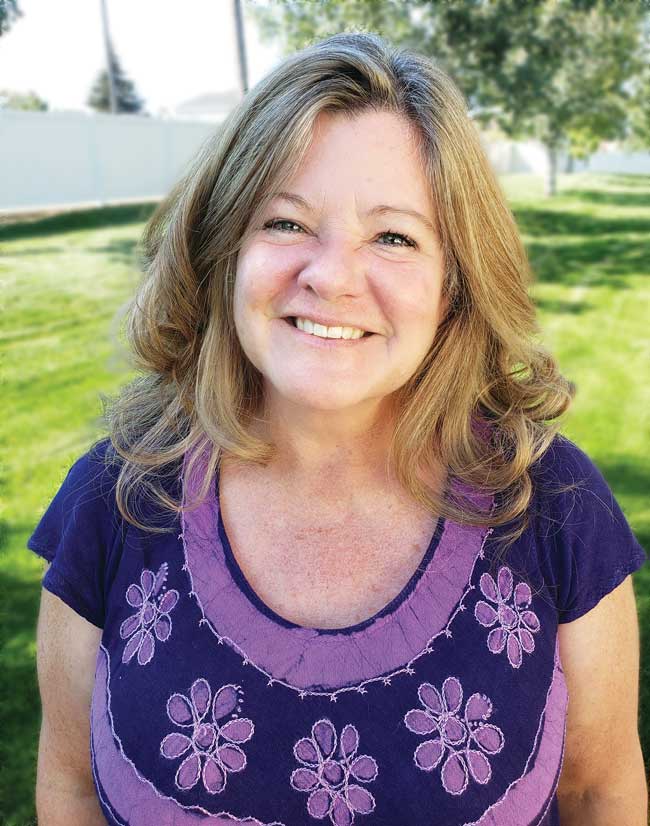February is not only the month of Valentine’s Day. It is also the month of my marriage anniversary. I intentionally say “marriage” anniversary rather than “wedding” anniversary, as it was all about the paperwork to make the union official. The plan was to be legally married on February 14th, Valentine’s Day. Unfortunately, a worker’s strike in the capital city of Morocco caused government offices to be closed on the 14th. Alas, we had to wait until the 15th to get the required stamps and signatures for our marriage to become official.
This February we celebrate our 16th anniversary. Not bad for a couple who couldn’t communicate with words at the time of our marriage. Yes, four years after meeting, we chose to marry each other, despite hardly knowing each other at all. We were in love. Madly, passionately, in love. Sixteen years later, I still love my husband. But it’s not the same “love” when we first married.
The indigenous people of Alaska have dozens of words for snow. Yet, despite what we all understand, on some level, the English language has one word for love. I love to read. I really love pizza. I love my daughter with all my heart. Shouldn’t we have different words for these loves?
The Greeks help us out here. The Greek language separates love into four kinds: storge (affection), philia (friendship), agape (unconditional love), and eros (romantic love).
Eros is the most mysterious and intriguing form of love to me, and the one I’ll focus on in this article. It’s the hardest to explain. I’ve spent most of my life struggling to understand it. Eros is the love associated with romantic attraction. Eros is the mad, passionate love I felt for my husband, from literally the first moment I saw him. Yes, it was love at first sight. Cupid pulled back his bow and struck me hard in the heart with his arrow. My husband would tell you it felt the same for him when he first laid eyes on me.
How is that even possible? How can someone fall in love with a total stranger? Do you believe in love at first sight? (I reflect extensively on my own love story in a book I wrote called Culture Clash: My Marriage to a Moroccan Muslim.)
In the classical Greek and Roman worlds, the people were so convinced of love at first sight that they created a myth to explain it. This myth was passed down through the millennia and we celebrate it still, on Valentine’s Day. Valentine’s Day cards and decorations are replete with images of that little winged mischief-maker, Cupid, whose bow and arrow cause humans to fall in romantic love. Cupid was the Roman god of attraction, desire, and erotic love. Erotic as in Eros. Eros is Cupid’s Greek counterpart, the god of love. He was the son of the goddess of love, called Venus, in Roman mythology, called Aphrodite in Greek mythology.
Now that we are more inclined to seek explanations from science rather than mythology, I have researched extensively what we know about eros, or why we feel an irresistible attraction to and desire for someone. The findings are varied and complicated, and far beyond the scope of this article. In summary, scientists say that a combination of our physical senses, hormones, and nerves cause us to feel attraction. Our sense of smell is especially important when it comes to whom we are attracted. Thus, attraction can be boiled down to biology and chemistry.
Scientists also explain the feeling of being “in love” with biology and chemistry. And no surprise to many of us, these are also chemicals associated with addiction in all its forms. Dopamine and norepinephrine are chemicals that make us feel euphoric. These chemicals are released in high doses when we fall in love, explaining why it feels so good. These are the same chemicals that stimulate the brain’s reward system when people take drugs. The reward, or feeling of pleasure and excitement, compels us to seek more of the feeling, which can lead to addiction in some people.
Notice that none of these causes for attraction and feeling in love have anything to do with personality or shared interests. Countless dating websites are designed to match individuals with others who have similar likes and values. In fact, I know many couples who fell in love and are happily married after meeting on a dating website. Comparing these love stories to what scientists tell us about attraction and desire leads me to even more confusion. But it does help explain why I could fall madly and passionately in love with my husband when I didn’t even really know him. My story is hardly unique. Just think about Romeo and Juliet.
It also explains why the eros we felt in the beginning, transformed into the more sustainable forms of love: storge (affection) and philia (friendship). It’s physically impossible to sustain such high levels of dopamine.
One report explains my confusion, stating that “attraction is impossible to understand. Sometimes there’s no telling what brings you close to one person over another….”. So, I wonder, and dare ask, could there be something even more mysterious involved with love and attraction that defies explanation. As many people believe, is it possible that we are destined to be with the one with whom we fall in love? Could it be fate? Surely that’s as plausible as a little winged cherub with a bow and arrow striking us in the heart.
Amy McGarry grew up in Spokane Valley, Washington. After a 20 year hiatus, she moved back to Spokane Valley where she lives with her husband, daughter and two cats. She is the author of “I am Farang: Adventures of a Peace Corps Volunteer in Thailand” available on Amazon.com, Auntie’s Bookstore, and Barnes and Noble.

